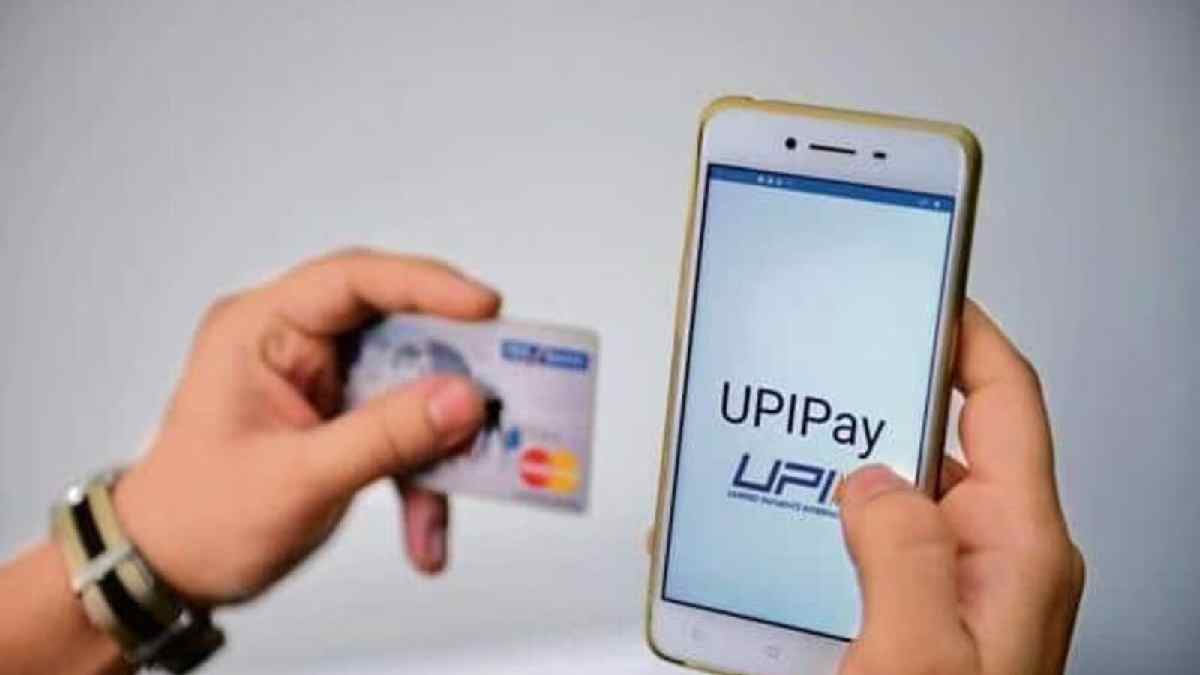Digital Transactions: The State Bank of India (SBI), the country’s largest bank, has unveiled a new service allowing its customers to make payments using Central Bank Digital Currency (CBDC) through the Unified Payments Interface (UPI). This service, named “UPI Interoperability,” enables millions of individuals to conduct digital rupee transactions directly via UPI, expected to drive greater adoption of digital currency.
CBDC, introduced by the Reserve Bank of India, is underpinned by blockchain technology, similar to cryptocurrencies. However, CBDCs differ in that they carry the same sovereign guarantee as traditional paper currencies. Users of the e-Rupee or e-Rupee wallet won’t incur transaction fees, and they can open an e-Rupee wallet at no cost, with no mandatory minimum balance.
The State Bank of India’s eRupee application offers this feature, enabling SBI CBDC users to easily scan the UPI QR code of any merchant for swift and secure transactions. Other banks such as HDFC Bank, Canara Bank, Axis Bank, and Yes Bank have already initiated similar services.
This move to make UPI interoperable with digital rupees benefits customers by expanding their payment options. Users can leverage the eRupee by SBI app to pay directly with digital rupees by scanning UPI QR codes at shops or other locations. The integration of CBDC with UPI is expected to drive increased adoption of digital currency.
The announcement of CBDC integration with UPI aligns with Finance Minister Nirmala Sitharaman’s budget announcement for the financial year 2022-23. The Reserve Bank of India commenced CBDC testing on December 1, 2022, and nearly all major banks, including private sector banks, have joined CBDC. SBI’s participation is noteworthy due to its extensive customer base, vast branch network, and reach into remote areas, positioning it as a frontrunner in the digital currency landscape.













